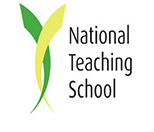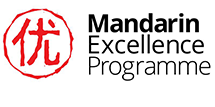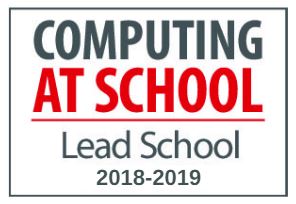Geography CURRICULUM
INTENT STATEMENT
At the end of Year 9 Fortismere students will be able to question, explore and respond to the world in which they live like a Geographer.
Students will have a core knowledge and understanding of how our world works in relation to its key physical and human processes and the interaction between the two. Using geographical language, they will be able to explain how the natural world impacts on us and how we impact on the natural world. They will be able to recognise and explain the spatial and temporal changes at a variety of scales of these geographical processes and interactions.
Students will learn much about ‘place’. Through both small scale and more in depth place examples students will learn: where places are; their key physical and human characteristics; how places interact on the global stage; and some of the key issues these individual places face. Such studies will enable them to transfer these skills of exploration to unknown places they may wish to learn about in the future.
As students progress through our Key Stage 3 Geography curriculum they will also continually build upon the geographical skills of: investigative and field work skills; map skills; graphical skills; numerical skills; and extended writing skills. Such development means that they will become confident in asking suitable enquiry questions which they are able to research and collect data for before presenting and analysing findings. They will become confident in handling data from a variety of sources. This includes being critical of such data as well as being able to draw conclusions from it. They will become increasingly confident interpreting and producing a variety of maps, diagrams, and graphs. They will also to be able to produce balanced and thoughtful arguments which recognise the opinions of others in response to geographical issues before being able to conclude with their own informed opinions supported by evidence.
We believe that with this geographical knowledge, understanding and skill development securely in place, students will understand how the world around them works while continuing to be inquisitive and conscious of their own role in the world in which they live. They will be able to ‘think geographically’ as they interpret this world and interact with it – recognising that geographers see the world through social, economic, environmental and political eyes, thus recognising the variety of opinions and views different groups of people have on key issues facing the world today. This and the acquisition of geographical skills we have given them will be invaluable for any further study and help prepare them for the world of work.
KS3 CURRICULUM
KS4 CURRICULUM
Geography GCSE KS4 Curriculum Map
Students follow the EDEXCEL B Geography syllabus.
For more information on the Geography GCSE please see the Options Booklet.
KS5 CURRICULUM
Geography A Level KS5 Curriculum Map
Students follow the Edexcel Specification
For more course information and entry requirements please see the Geography Sixth Form Page
Contact the Geography Department
| Ms R Sheldon | Head of Geography | |
|
Mr M Kelsey |
Geography Teacher |
|
|
Ms A Brough |
Geography Teacher |
|
|
Ms H Wilson |
Geography Teacher |
|
| Ms K Holder |
Geography Teacher |
|
| Ms M Beaumont | Geography Teacher | mbeaumont@fortismere.org.uk |
ADDITIONAL INFORMATION
LouIs Agassiz, founder of glacial theory




